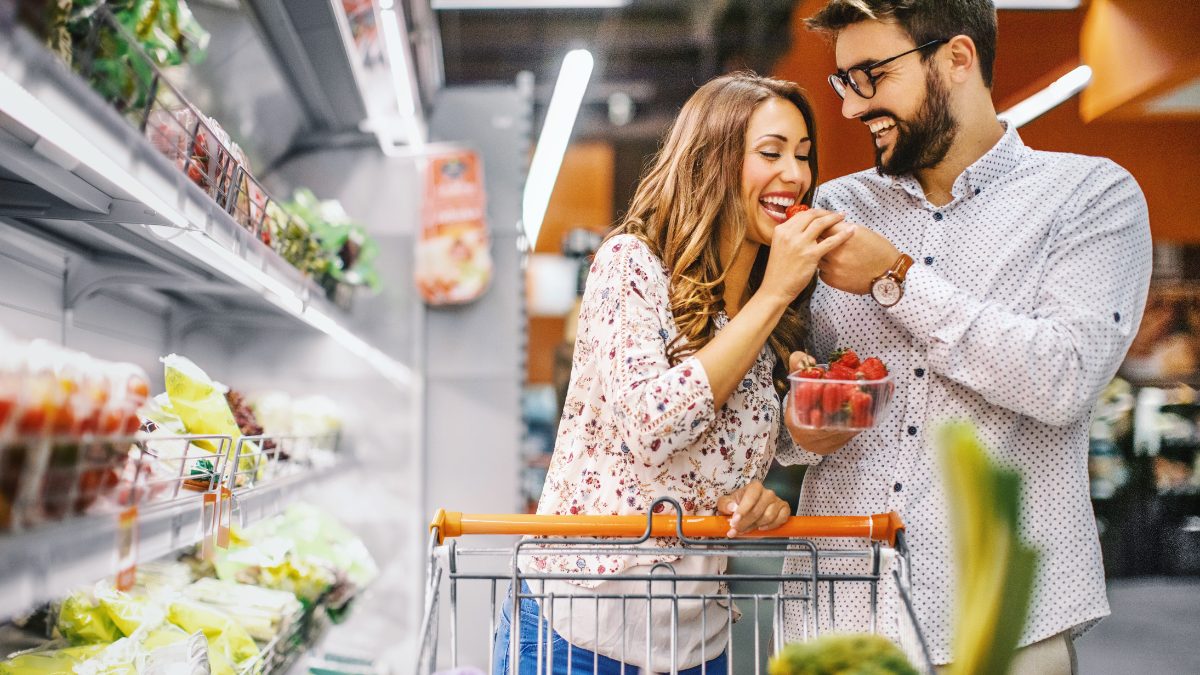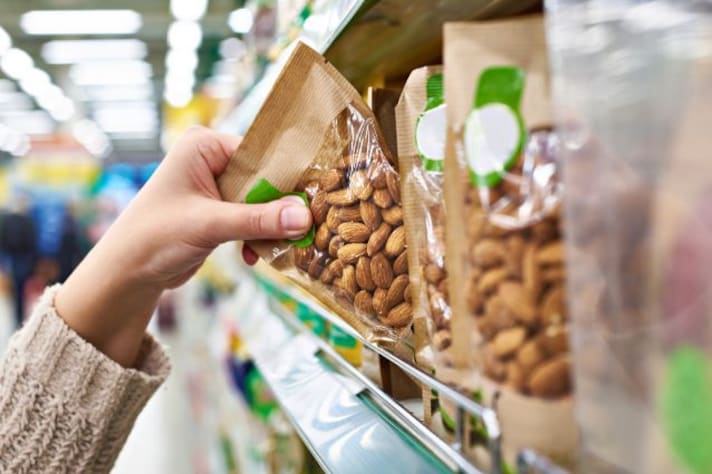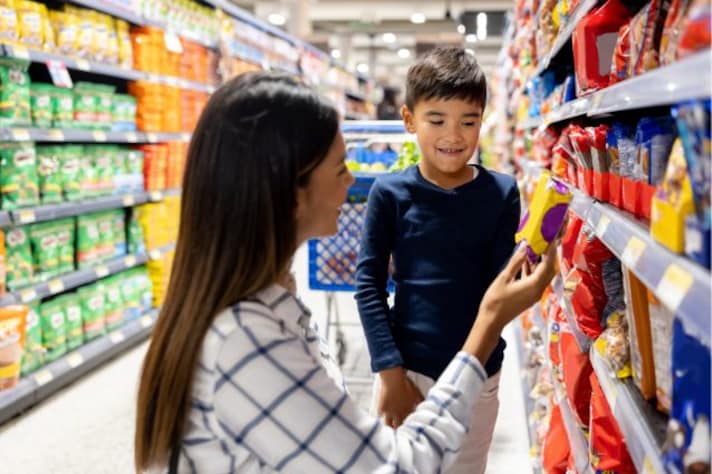
Picture this: you’re wandering down the snack aisle, hungry and a little impatient. You spot a tempting granola bar or maybe a crisp apple and think, "Can I just have a bite now and pay for it later?" It’s a scenario many of us have faced but rarely discuss openly. Eating groceries before paying isn’t just a matter of convenience—it treads into a complex mix of legal issues, store policies, and social etiquette that varies widely across the United States.
Who Really Owns That Snack?
Legally, the moment you grab an item in a store, it still belongs to the retailer until you pay for it. Consuming it beforehand can technically count as theft. The law is pretty clear: ownership transfers only after purchase. However, enforcement is often lax, especially for small bites or sips. Many stores operate on a “don’t ask, don’t tell” basis, so long as shoppers don’t make a habit of eating before paying or damage the merchandise. Still, this is more about store policy than legal leniency—don't expect all grocers to turn a blind eye if they spot you mid-munch.

The Unspoken Rules of Grocery Snacking
Even if the law isn’t always on the lookout, social norms certainly are. Eating while you shop can raise eyebrows and, honestly, can come across as rude or careless—especially if the food is messy or if you’re sampling items that are sold by weight. Imagine nibbling on grapes or scooping bulk nuts without paying first; this can lead to confusion or pricing disputes at checkout. Staff and other customers may view this behavior as inconsiderate or unsanitary, which can put a damper on your shopping trip and the store’s atmosphere.
When a Quick Snack is More Than Just a Craving
Of course, life isn’t always neat and tidy. Sometimes, hunger strikes aren’t about temptation but necessity. Parents juggling cranky kids or people managing medical conditions like diabetes might find themselves needing a quick bite to stay balanced. In these situations, most stores are understanding—especially if you communicate your need openly and plan to pay for the item afterward. Transparency and respect for the store’s policies can turn a potential awkward moment into a manageable one.

Navigating Store Policies and Your Own Hunger
Stores differ on their tolerance levels. Some explicitly prohibit eating before paying, while others don’t have formal policies but discourage it informally. The rise of grab-and-go and ready-to-eat foods has blurred the lines, especially when stores offer in-house seating areas. A good rule of thumb? If the food is pre-packaged and clearly labeled with a barcode or price, it’s less problematic to eat before paying—provided you don’t make a mess or linger too long. On the flip side, snacking on items sold by weight or loose produce is generally frowned upon.
Tips for Respectful Shopping Snacks
If you absolutely must nibble before paying, be mindful. Choose items that are easy to scan, keep packaging intact, and let the cashier know what you’ve eaten. Avoid creating a mess or wasting food. Remember that while you might see it as a harmless bite, store employees juggle loss prevention and customer service, so your actions can impact their day more than you realize. Patience and consideration go a long way in grocery aisles.
;Resize,width=767;)
